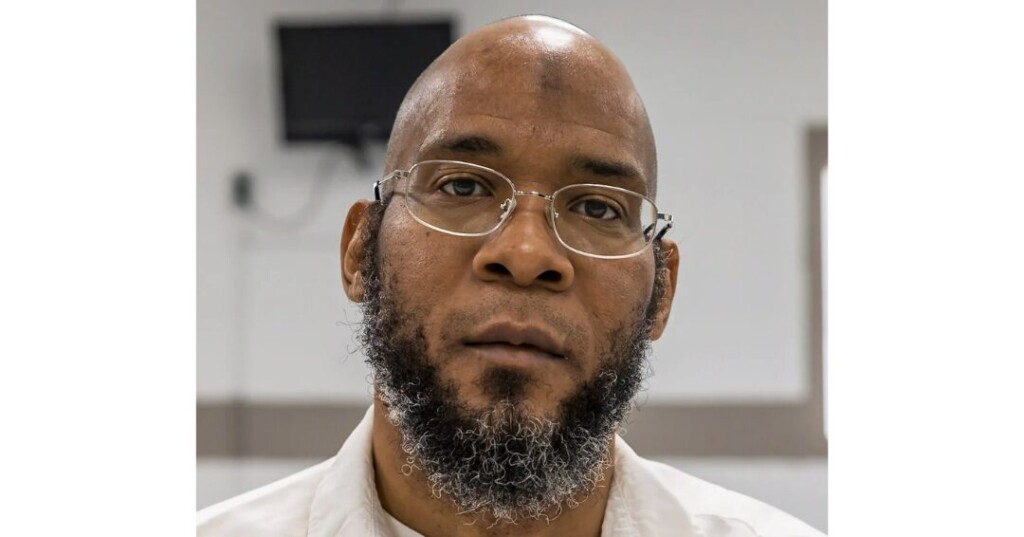The state of Missouri carried out the execution of Marcellus Williams on Tuesday evening, despite widespread calls for clemency and a notable lack of physical evidence linking him to the crime.

Williams was declared dead at 6:10 p.m. CT after receiving a lethal injection, according to the Missouri Department of Corrections.
Williams, 55, had consistently maintained his innocence regarding the 1998 murder of Lisha Gayle, a former St. Louis Post-Dispatch reporter, who was tragically stabbed 43 times during a burglary at her home. This case has drawn national attention due to the compelling claims of innocence and significant public outcry, including from the victim’s own family and the initially prosecuting attorney, who both voiced opposition to the execution.
St. Louis County Prosecuting Attorney Wesley Bell, who had pushed to have Williams’ conviction overturned, criticized the execution, stating, “This outcome did not serve the interests of justice.” Bell also shared that “if there is even the shadow of a doubt of innocence, the death penalty should never be an option.”
Despite these concerns, the Missouri Supreme Court and Governor Mike Parson denied Williams clemency, and the U.S. Supreme Court declined a last-minute stay of execution. The decision was not unanimous; three of the court’s liberal justices expressed their disagreement.
The execution proceeded without the presence of witnesses from Gayle’s family, who had previously stated their belief that Williams’ execution would not bring them closure. Instead, they defined closure as “Marcellus being allowed to live.”
Tricia Rojo Bushnell, one of Williams’ attorneys, condemned the execution, labeling it a “grotesque exercise of state power.” She emphasized the ongoing efforts by some prosecutors to reverse the conviction and highlighted the moral and ethical concerns surrounding the case.
This execution is Missouri’s third this year and raises ongoing concerns about the use of capital punishment, especially in cases where there are claims of innocence and lack of direct evidence.




